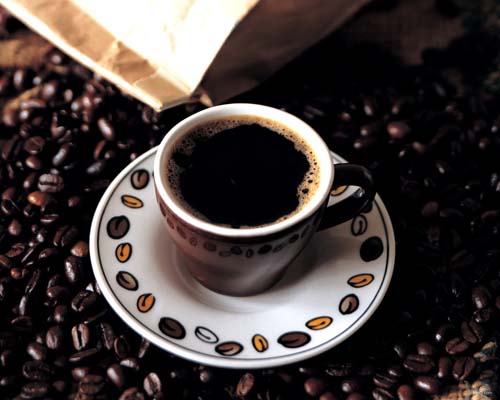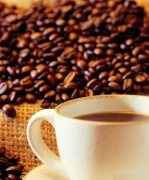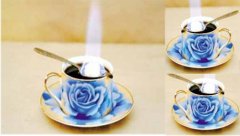Eight factors that influence the taste of coffee

There are eight main factors affecting coffee: (1) water temperature of extraction, (2) grinding degree, (3) extraction pressure, (4) powder quantity, (5) extrusion degree, (6) water quality, (7) machinery and equipment, (8) people.
Temperature:
Why temperature is listed as the first focus of discussion. Because other factors are better solved and there are coffee bean quality, different varieties are different. But the temperature is the most difficult for the average machine to master. Because coffee itself contains hundreds of very complex substances, and these substances will be extracted with different extraction temperatures, resulting in the ever-changing taste of coffee. Therefore, it is suggested that the best extraction temperature of coffee is between 90 °C and 92 °C.
Grinding degree:
The degree of grinding is very extensive, generally speaking, it is related to the variety of coffee beans and the degree of baking. The grinding degree of 100%ARABICA beans is generally a little thicker than that of mixed beans. To cook a perfect cup of Espresso has a certain range of grinding. When the grinding degree is too fine, when brewing coffee, the effluent will flow out in droplets, and the hot water will stay for too long, resulting in excessive extraction, and too rough grinding will cause coffee running, resulting in insufficient extraction and affecting the taste of coffee. Under normal grinding degree and normal extrusion degree, the outflow state of extracted coffee should be fine and uninterrupted, and the 30C.C.~35C.C should be finished within 25 seconds. Espresso coffee.
Extraction pressure:
Also known as brewing pressure. A pressure of 8 to 9 bar is generally used. Why use this pressure? Because this is the empirical value obtained from the actual operation. Because too high pressure will break through coffee powder, create holes, form uneven extraction, and the pressure is too high, hot water passes through too fast, will cause insufficient extraction. Too little pressure will lead to excessive extraction.
Powder quantity:
This factor often affects the quality and taste of a cup of coffee. In general, the appropriate amount of powder is recommended around 7.5g/ per cup of Espresso, because too much powder will cause the coffee pressed powder to top to the effluent network, so that the coffee does not have sufficient room for expansion, resulting in over-extraction. If the amount of powder is too small, the thickness of pressed powder is insufficient, and it is easy to be broken down by hot water, resulting in uneven extraction.
Important Notice :
前街咖啡 FrontStreet Coffee has moved to new addredd:
FrontStreet Coffee Address: 315,Donghua East Road,GuangZhou
Tel:020 38364473
- Prev

The knowledge of coffee the important elements of gourmet coffee
When you go to a coffee shop or shop in a supermarket, you may find that many coffee products are called gourmet coffee. The halo of this title attracts many coffee fans to buy it. But what kind of coffee can be called gourmet coffee? It is rather complicated to answer this question. Gourmet coffee covers a wide range of areas, and what it has in common is that it can make a cup.
- Next

Coffee is particular about freehand coffee.
Smell the fragrance and watch the color temperature: the best temperature for drink coffee is 85-88 degrees Celsius. Because the texture of ordinary coffee is not stable, it is best to taste it while it is hot. In order not to reduce the taste of the coffee, soak the coffee cup in boiling water beforehand. The appropriate temperature for coffee is 83 degrees Celsius at the moment of brewing, 80 degrees Celsius when it is poured into the cup, and 61-62 degrees into the mouth.
Related
- Beginners will see the "Coffee pull flower" guide!
- What is the difference between ice blog purified milk and ordinary milk coffee?
- Why is the Philippines the largest producer of crops in Liberia?
- For coffee extraction, should the fine powder be retained?
- How does extracted espresso fill pressed powder? How much strength does it take to press the powder?
- How to make jasmine cold extract coffee? Is the jasmine + latte good?
- Will this little toy really make the coffee taste better? How does Lily Drip affect coffee extraction?
- Will the action of slapping the filter cup also affect coffee extraction?
- What's the difference between powder-to-water ratio and powder-to-liquid ratio?
- What is the Ethiopian local species? What does it have to do with Heirloom native species?

